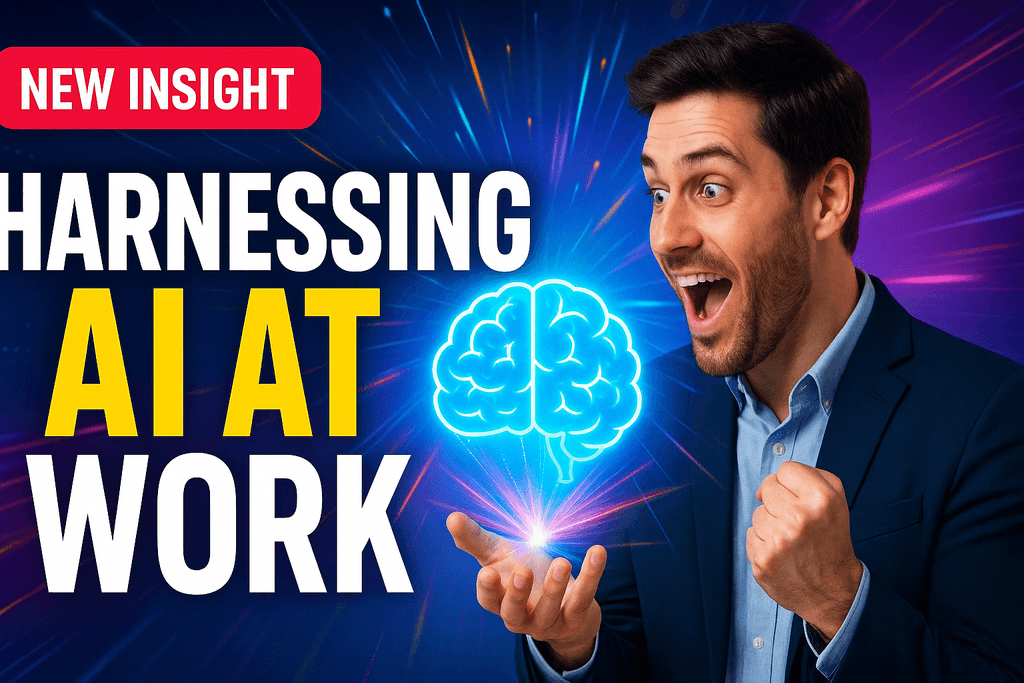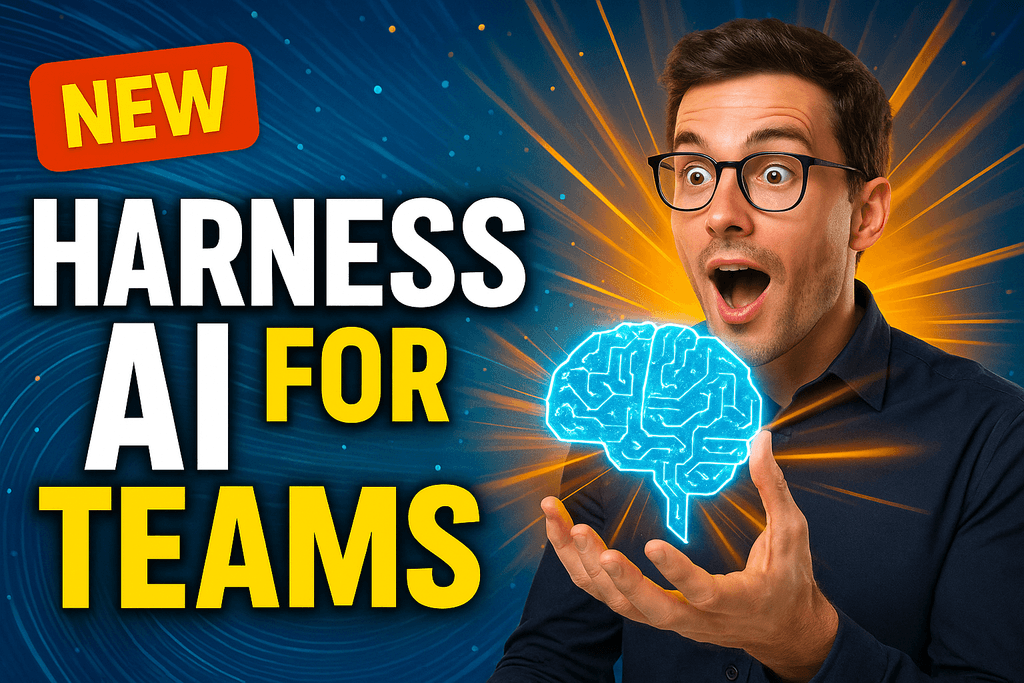
Table of Contents
What is TypeScript?
TypeScript, developed by Microsoft, is essentially JavaScript with the addition of types. Its primary goal is to help developers manage large codebases, making it an excellent choice for enterprise-level applications. TypeScript not only enhances JavaScript's capabilities by adding static types but also includes several features that are not available in the latest ECMAScript standards, providing developers with cutting-edge tools ahead of their general JavaScript availability.
In the context of modern AI-driven development, TypeScript's strong typing system becomes particularly valuable when building AI agents and automation workflows. The type safety ensures that complex data structures used in AI workflows are properly validated, reducing runtime errors in production environments.
Features of TypeScript
Strong Typing: TypeScript's type system allows for defining complex data structures, making the code not only more readable but also ensuring that it behaves as expected. This is particularly crucial when developing AI workforce solutions where data integrity is paramount.
Enhanced IDE Support: Features like inline errors, code navigation, and refactorings are significantly enhanced, allowing developers to work more efficiently and accurately when building complex automation systems.
Access to ESNext Features: Developers can use proposed JavaScript features before they are fully adopted by browser environments, enabling cutting-edge development of intelligent applications.
AI Agent Development: TypeScript's interfaces and type definitions provide excellent scaffolding for building autonomous AI agents that can interact with databases, APIs, and workflow systems with guaranteed type safety.
What is JavaScript?
JavaScript is the scripting language that powers the web. It's used for client-side page behavior, but it has also become incredibly popular for server-side programming thanks to environments like Node.js. JavaScript's ability to interact with HTML and CSS makes it an indispensable tool for front-end development, offering limitless possibilities for creating interactive and dynamic user experiences.
In the realm of AI automation and workflow orchestration, JavaScript's flexibility and extensive ecosystem make it an ideal choice for building intelligent systems. Modern AI agents often leverage JavaScript's event-driven architecture to handle real-time data processing, API integrations, and dynamic workflow execution. Orbitype's agentic cloud OS utilizes JavaScript's capabilities to enable seamless automation across diverse use cases.
Features of JavaScript
Versatility: JavaScript is used for both front-end and back-end development, making it extremely versatile for building comprehensive AI automation solutions that span multiple layers of an application.
Interactivity: It can handle events and interactions on the web page, providing immediate feedback to users without needing to reload the page. This capability is essential for real-time AI agent interfaces and dashboard systems.
Community and Ecosystem: JavaScript has one of the largest development communities and an expansive array of libraries and frameworks, which facilitates rapid development of AI-powered applications and workflow automation tools.
Asynchronous Processing: JavaScript's native support for promises and async/await patterns makes it ideal for handling multiple AI agent tasks simultaneously, enabling efficient parallel processing of automated workflows.
The Relationship Between TypeScript and JavaScript: A Synergistic Approach
The connection between TypeScript and JavaScript is best described as complementary rather than competitive. TypeScript builds on the foundation of JavaScript, adding syntactical enhancements and features that streamline the development process for large-scale applications. This relationship is symbiotic; TypeScript brings type safety and enhanced tooling to the flexible, dynamic nature of JavaScript, allowing developers to write safer and more maintainable code.
By understanding and leveraging this relationship, developers can utilize the strengths of both languages in harmony, ensuring robust application architecture while maintaining the rapid development cycles that JavaScript facilitates. This synergy becomes particularly powerful when building AI workforce solutions and intelligent automation systems, where code reliability and maintainability are crucial for long-term success.
Modern platforms like Orbitype's agentic cloud OS demonstrate how TypeScript and JavaScript can work together to create sophisticated AI agent ecosystems that handle complex enterprise workflows with precision and reliability.
How Orbitype Can Enhance Your Development Process
With Orbitype, you can tap into the full potential of both TypeScript and JavaScript, simplifying the complexities of web development through intelligent automation. Orbitype enables efficient project planning, streamlined development, and robust post-launch support through its advanced tools and features. This agentic cloud OS is designed to help you create customized, effective, and future-proof solutions, ensuring that your web applications remain relevant and performant in the rapidly evolving digital landscape.
Orbitype's unique approach combines PostgreSQL databases with cloud storage (S3), enhanced by compute resources, workflow automations, and integrations with third-party APIs and webhooks. The platform's AI agents have access to all data and processes, enabling intelligent automations and analyses that would be impossible with traditional development approaches. Whether you're building a headless CMS, CRM system, or ERP solution, Orbitype provides the foundation for any digital application without vendor lock-in.
AI Agents and Workflow Automation in Modern Development
The integration of AI agents into development workflows represents a paradigm shift in how we approach software creation and maintenance. Modern AI agents can autonomously handle tasks ranging from code generation and testing to deployment and monitoring, all while maintaining the quality standards that TypeScript's type system provides and JavaScript's flexibility enables.
In Orbitype's ecosystem, AI agents serve as intelligent orchestrators that can:
Automate Content Management: AI agents can dynamically update content across multiple channels, ensuring consistency and relevance without manual intervention.
Handle API Integrations: Intelligent agents manage complex API workflows, automatically handling authentication, rate limiting, and error recovery.
Optimize Performance: AI-driven monitoring agents continuously analyze application performance and automatically implement optimizations.
Manage Data Workflows: Autonomous agents handle data ingestion, transformation, and distribution across various systems and formats.
Choosing Orbitype for Your Web Development Needs
Choosing Orbitype for your web development means leveraging a platform that not only understands the technical landscape but also supports your business's specific goals through intelligent automation. Here are several key reasons why Orbitype stands out as the preferred choice for modern web development:
Proven Expertise: Orbitype embodies extensive experience in both TypeScript and JavaScript, crafted into its robust agentic framework. This expertise ensures that complex challenges are effectively addressed through AI-powered solutions.
Future-Ready Technology: Orbitype stays at the forefront of web technology trends, equipping its users with AI agents and workflow automation capabilities. By incorporating both TypeScript and JavaScript, Orbitype ensures that your solutions are robust, scalable, and maintainable.
Customized AI Solutions: Recognizing that each business has unique needs, Orbitype's AI agents can be configured to align with your specific operational demands and strategic goals, from content management to customer outreach.
Commitment to Quality: Quality is at the core of Orbitype's offerings. The platform is rigorously tested and updated to ensure it not only meets but exceeds the high standards expected by enterprise users.
Holistic Automation Approach: Orbitype goes beyond traditional development. It provides comprehensive AI-driven tools for strategic planning, automated workflows, and intelligent post-launch maintenance.
Conclusion
When deciding between TypeScript and JavaScript for your projects, consider the specific needs of your project and the capabilities of your development team. With Orbitype, you can harness the strengths of both languages to develop efficient, effective, and adaptable web solutions that align with your strategic goals. The platform's AI agents and workflow automation capabilities transform traditional development approaches, enabling you to build superior web applications that are not only innovative but also built to last.
Orbitype empowers you to leverage the unique synergies of TypeScript and JavaScript while adding the intelligence of AI agents and the efficiency of automated workflows. This combination creates a development environment where code quality, operational efficiency, and business outcomes converge to deliver exceptional results. As the digital landscape continues to evolve, choosing a platform that integrates proven programming languages with cutting-edge AI capabilities positions your projects for sustained success and competitive advantage.























